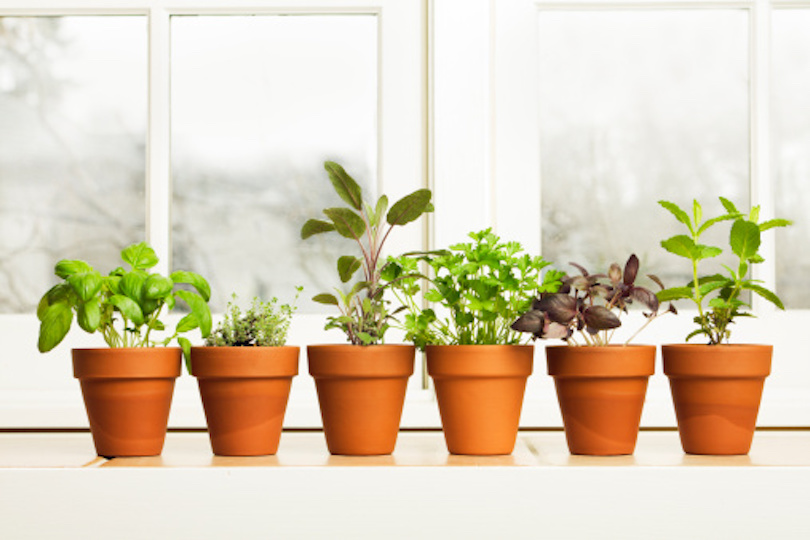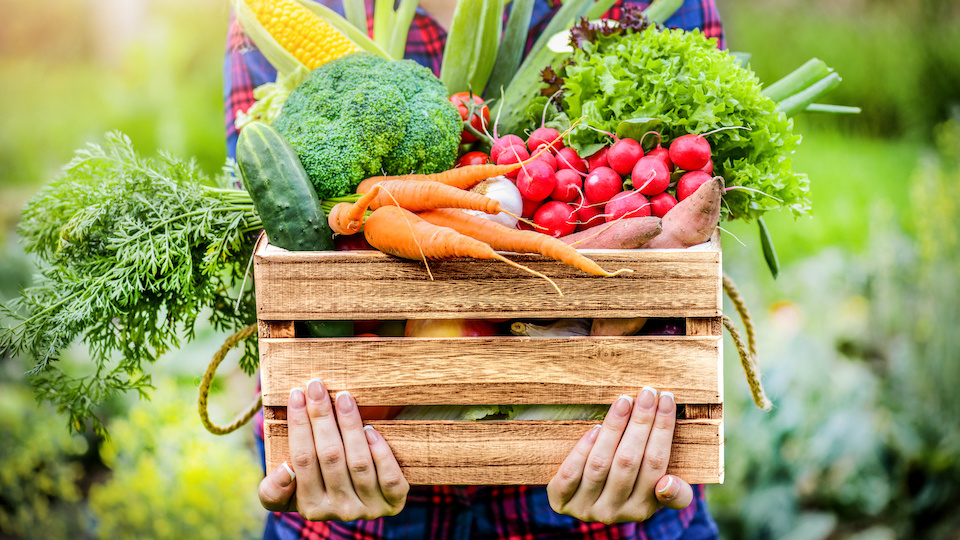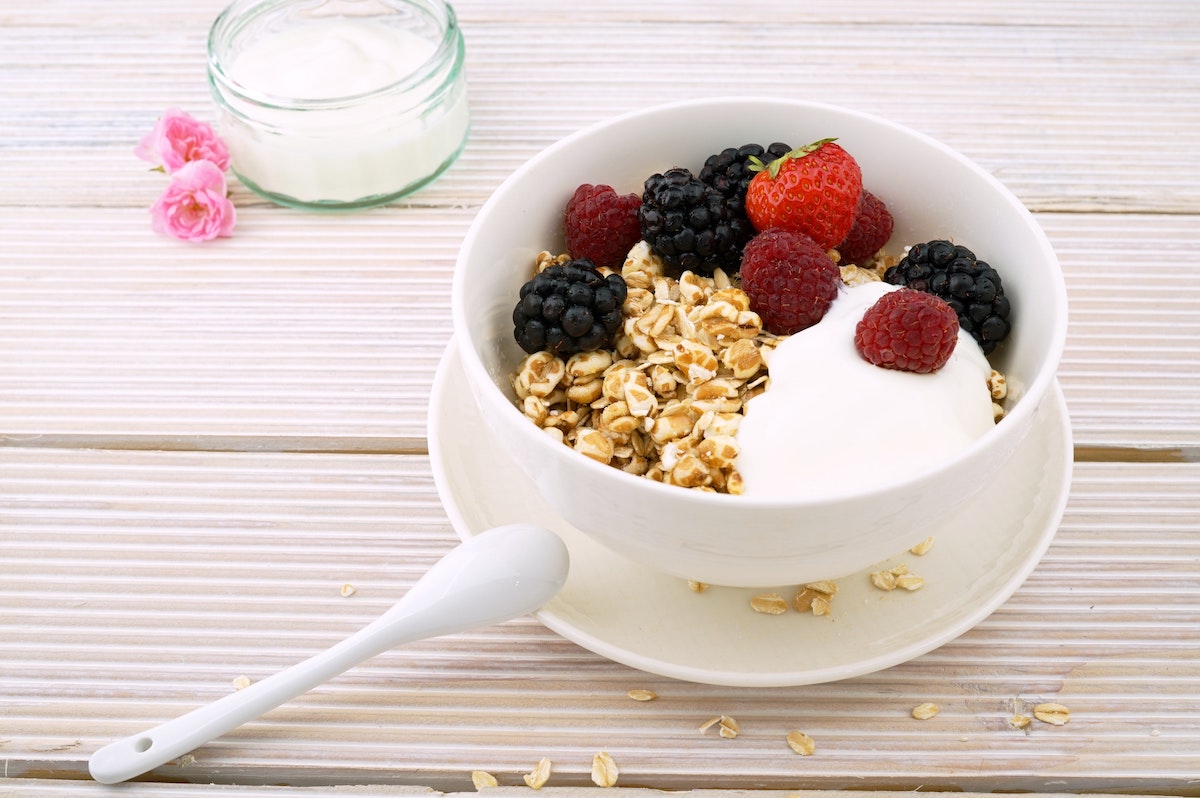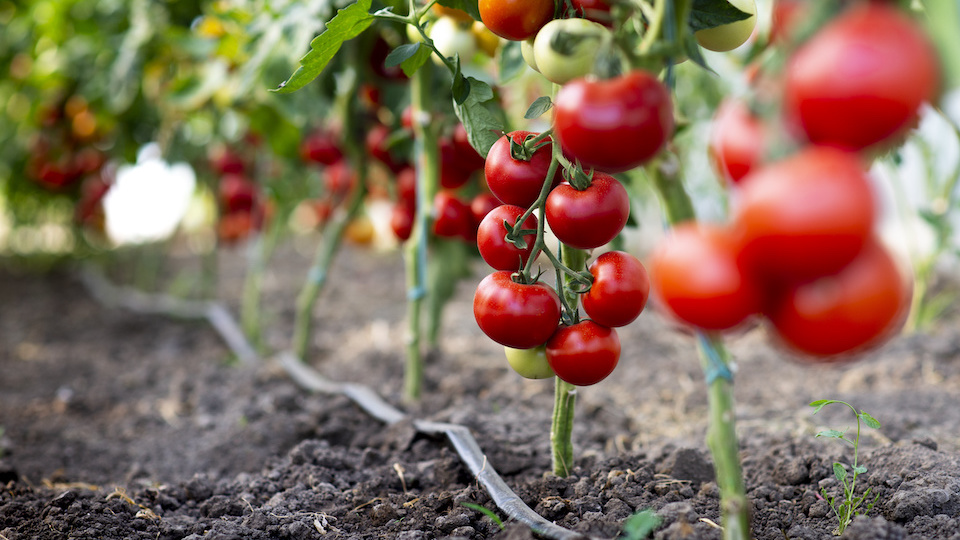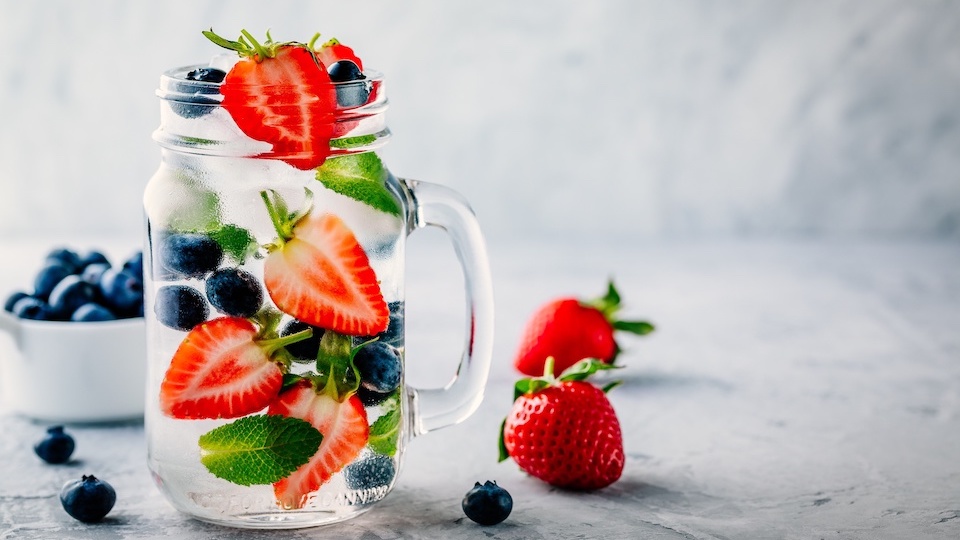Goat Milk vs. Cow Milk: And the Winner Is?
Milk has been a dietary staple for centuries, but in recent years, many have questioned whether traditional cow milk is still the best option. As consumers become more health-conscious, new alternatives are emerging – including goat milk, which has been used worldwide for generations but is only now gaining mainstream popularity in the U.S.



